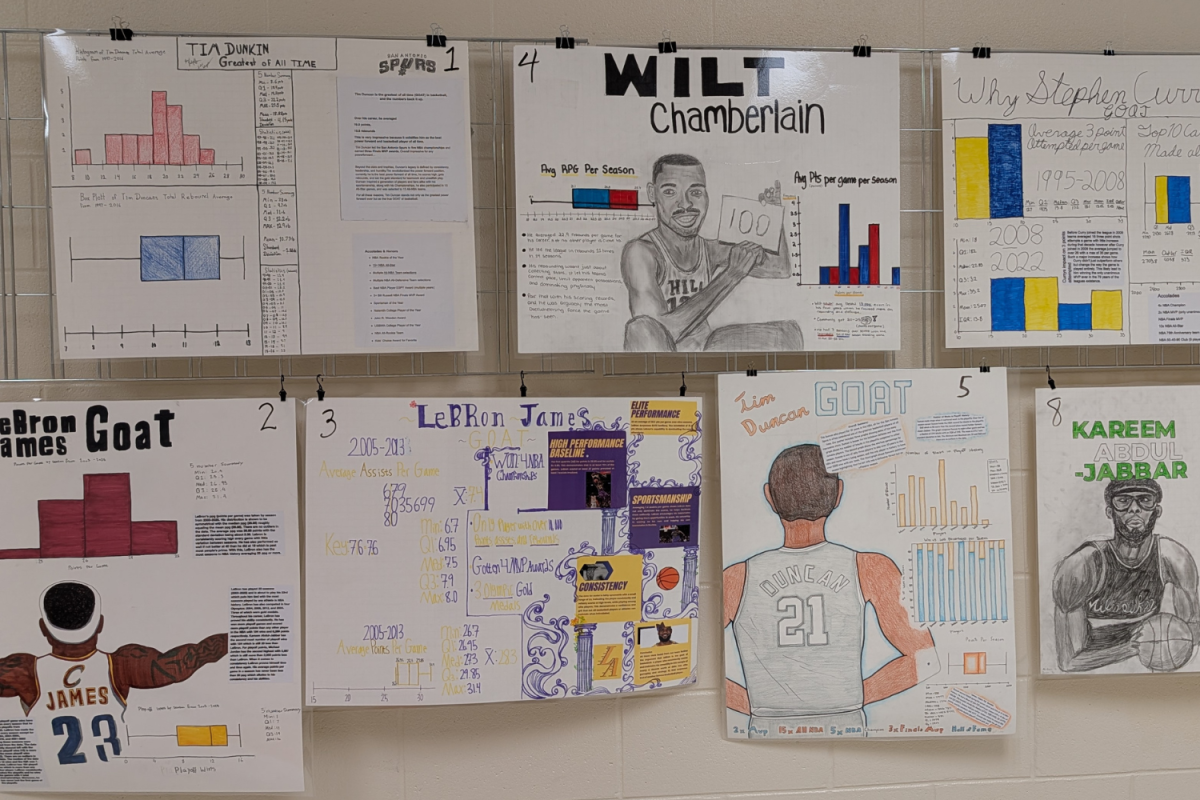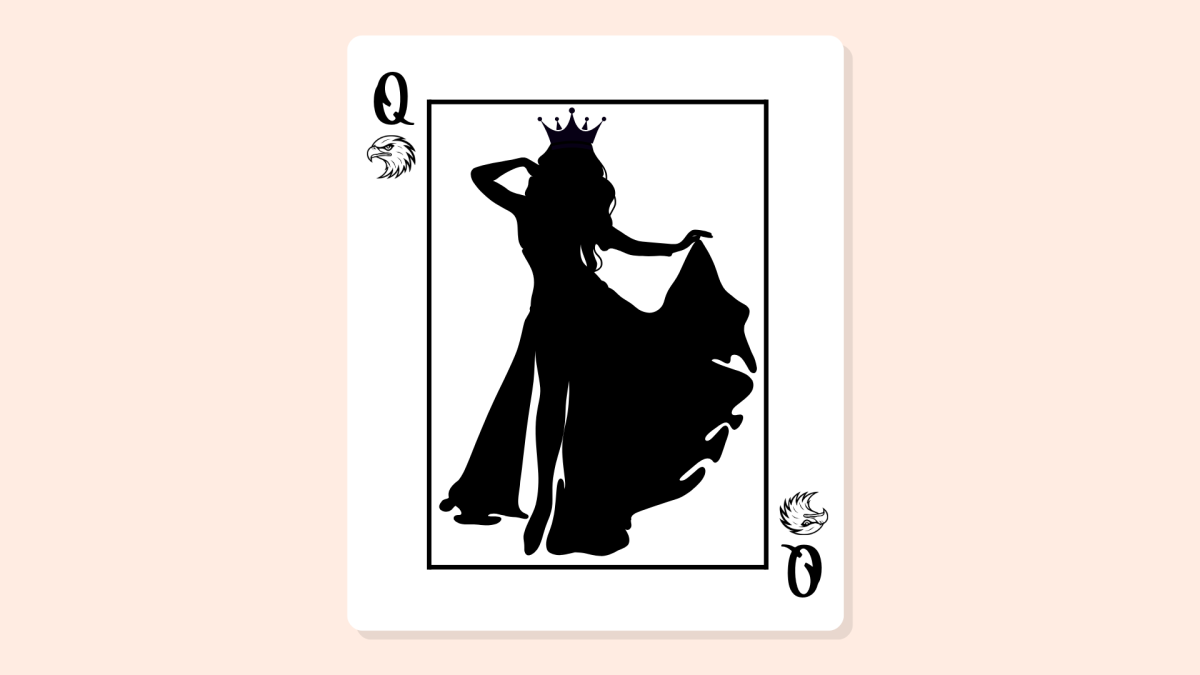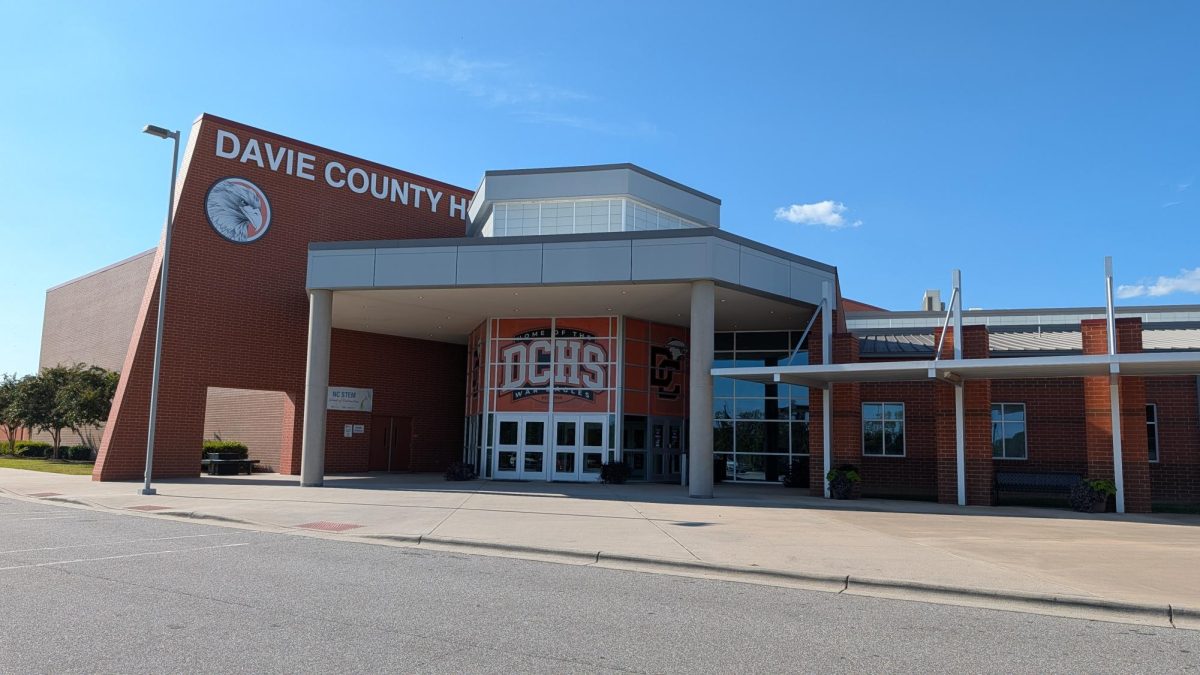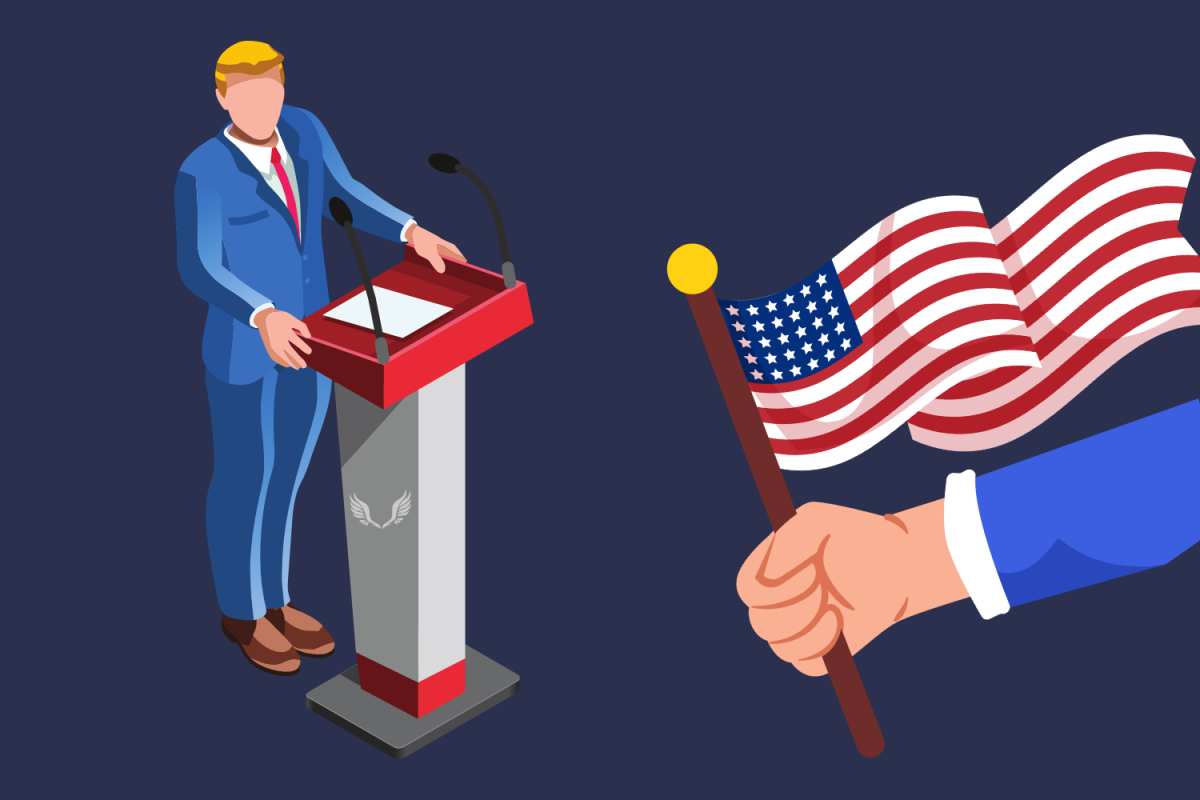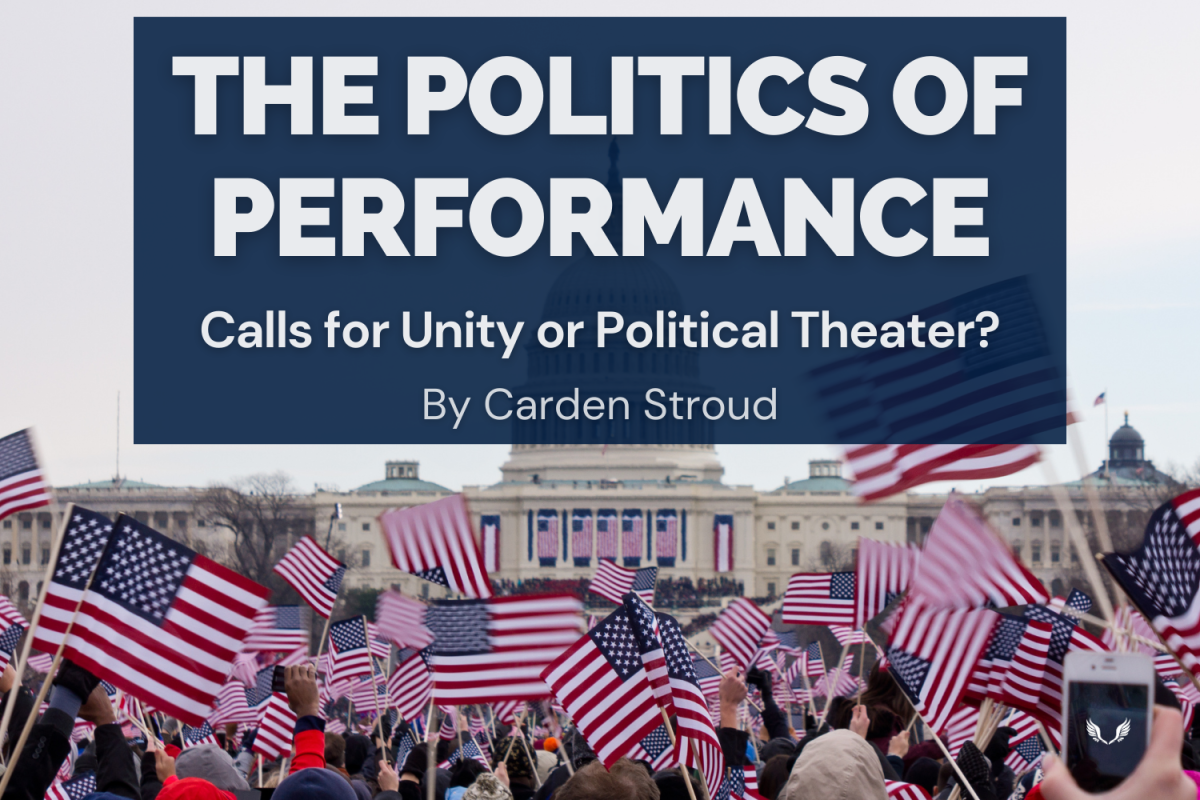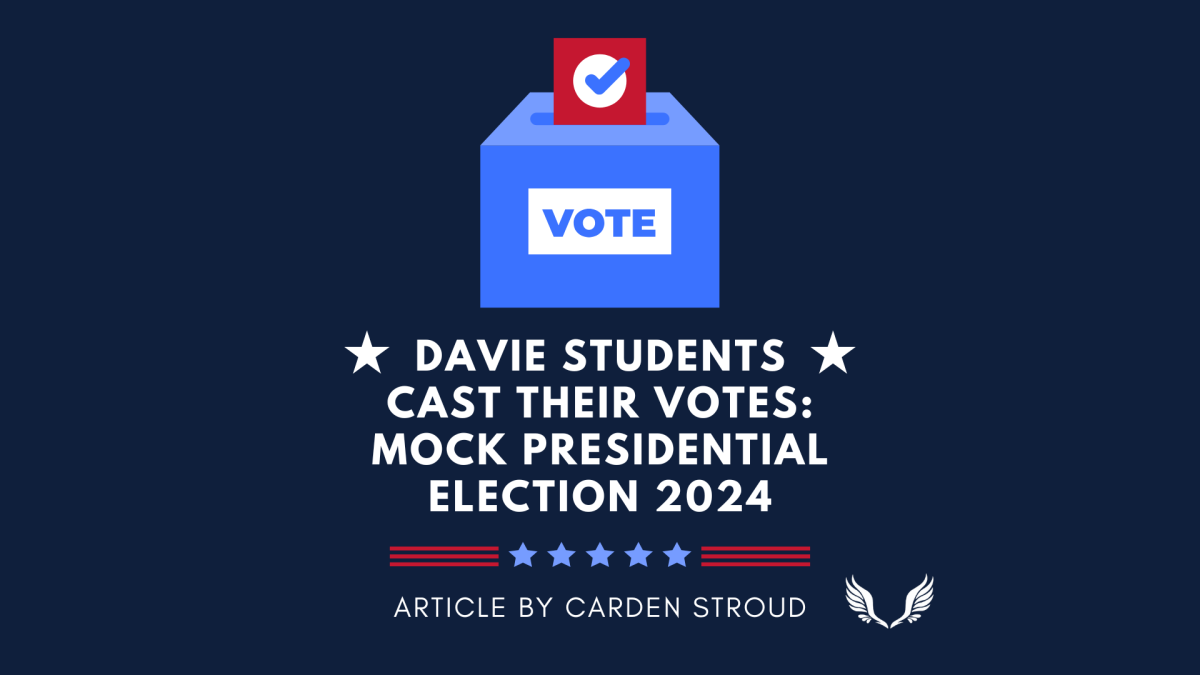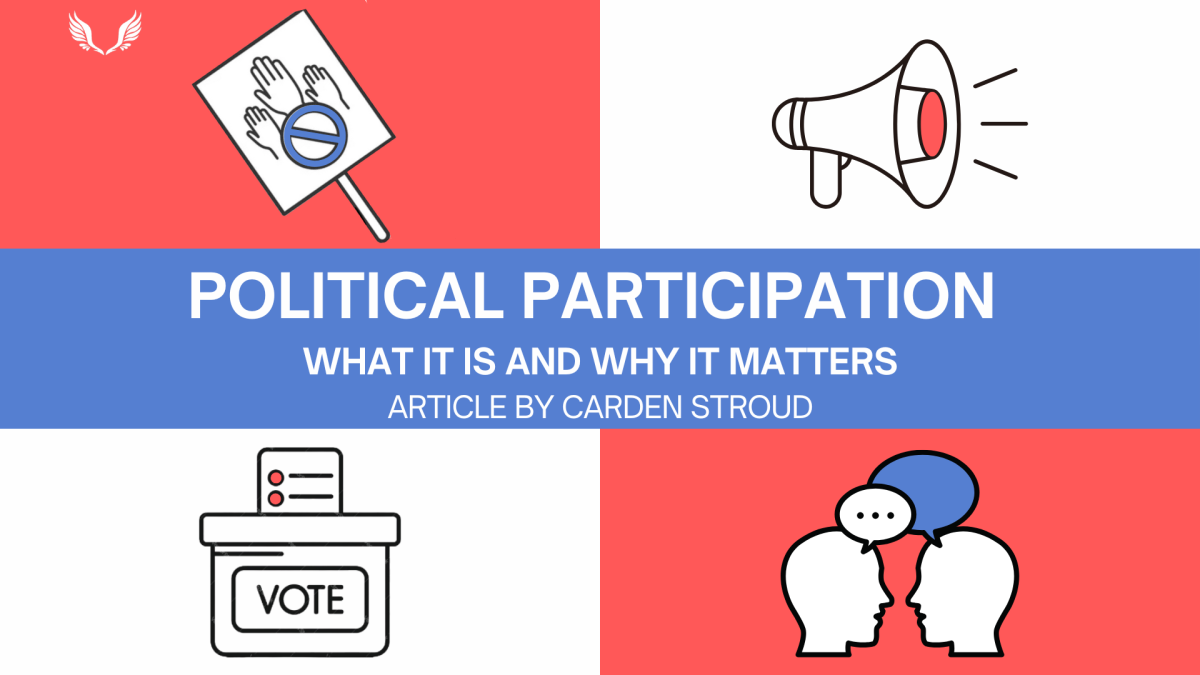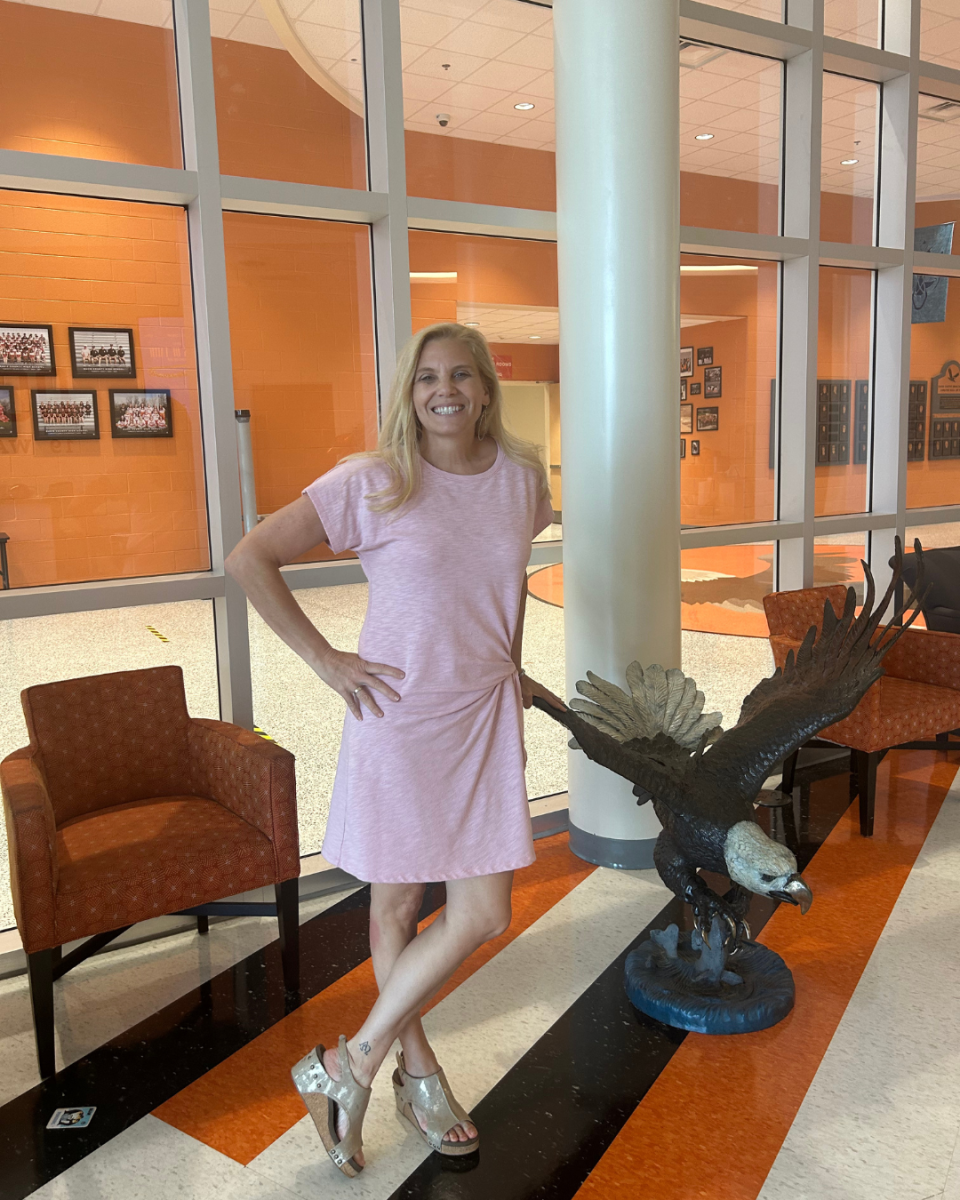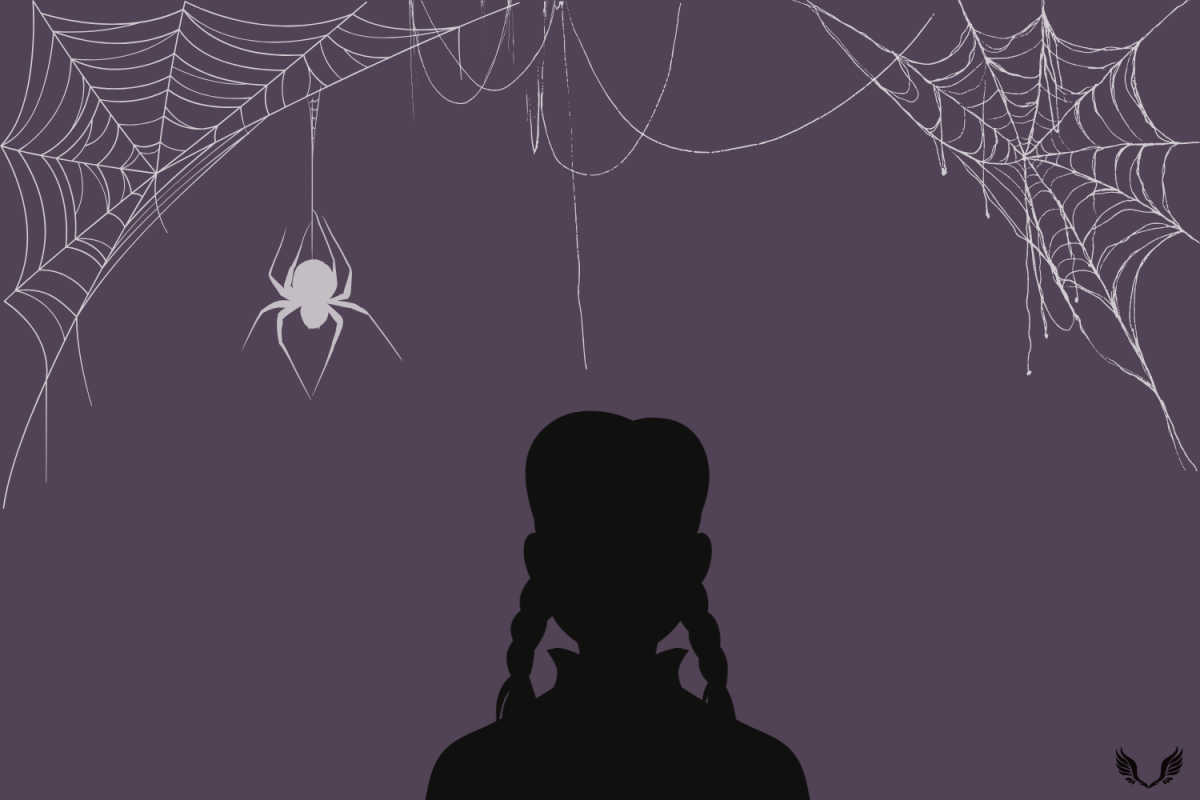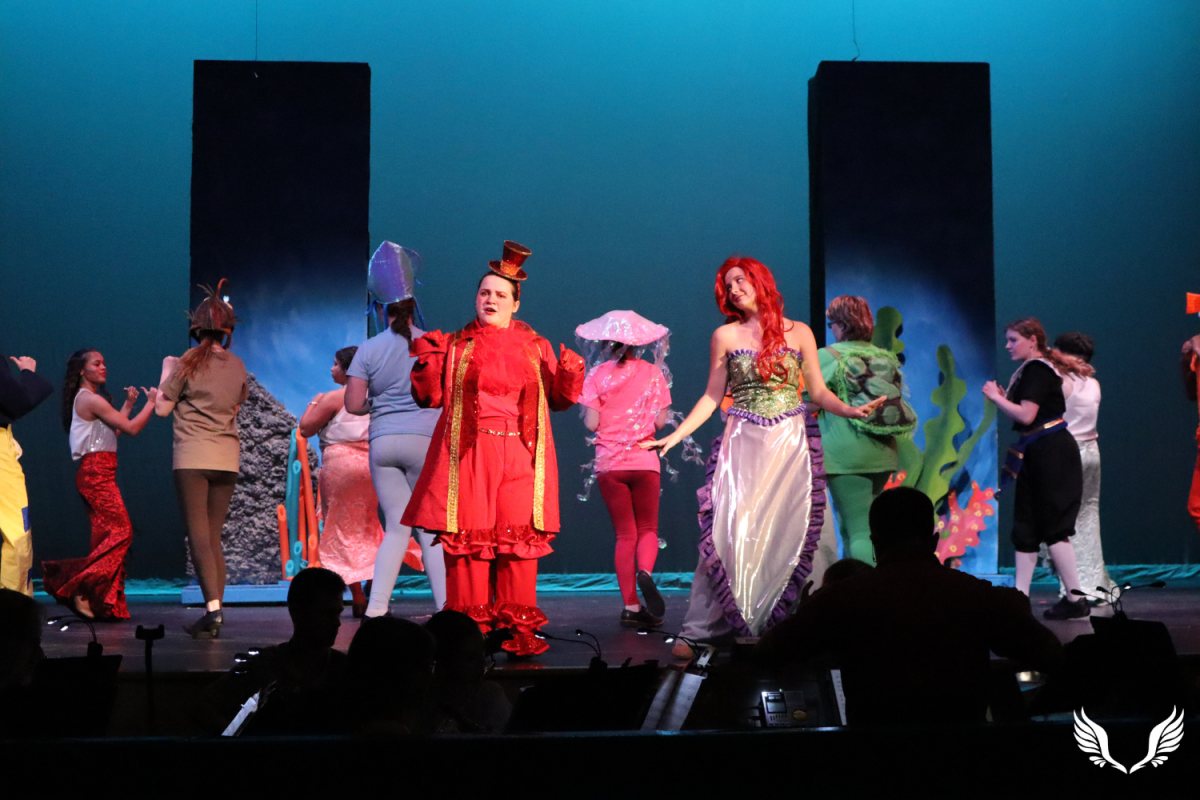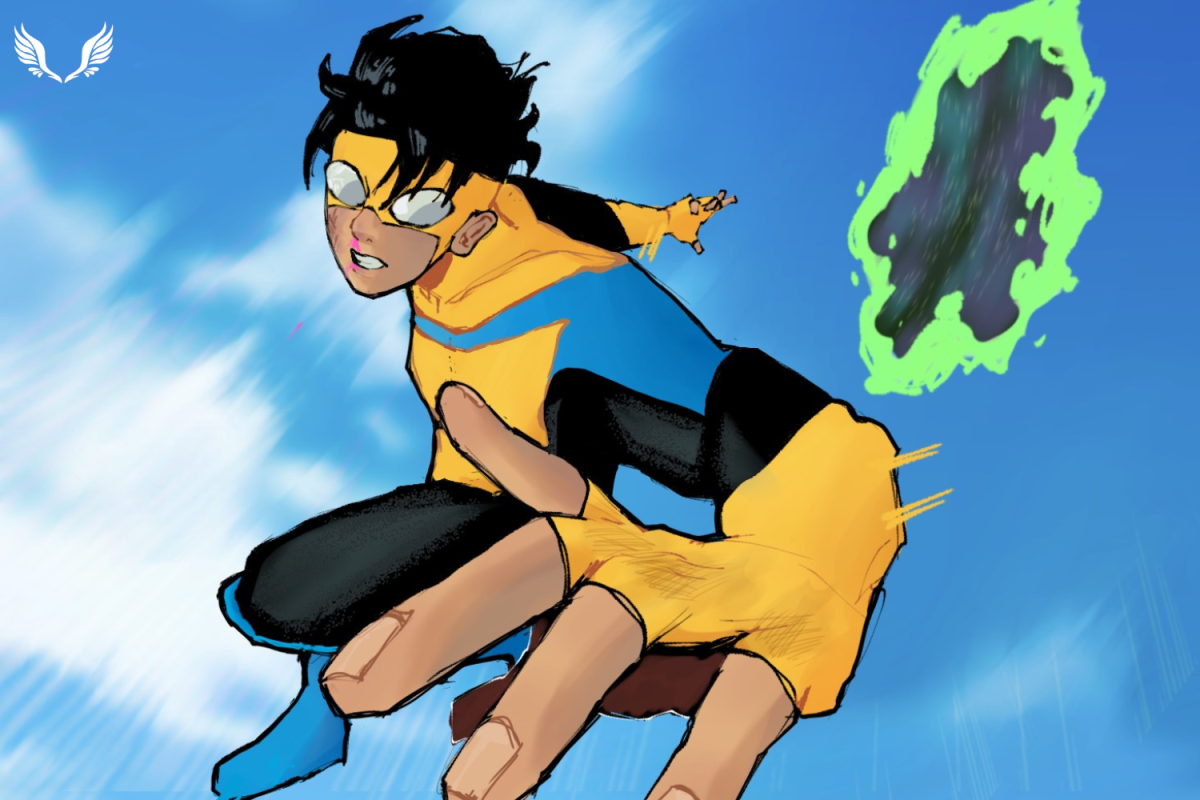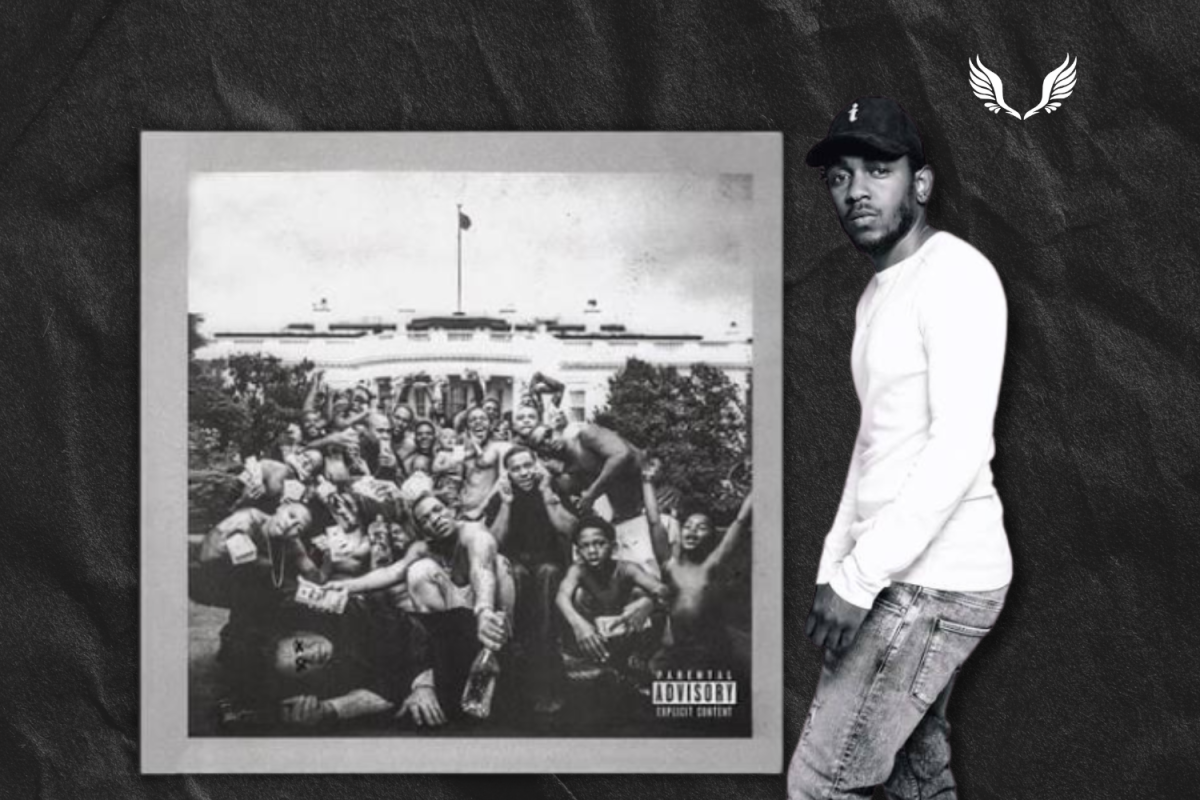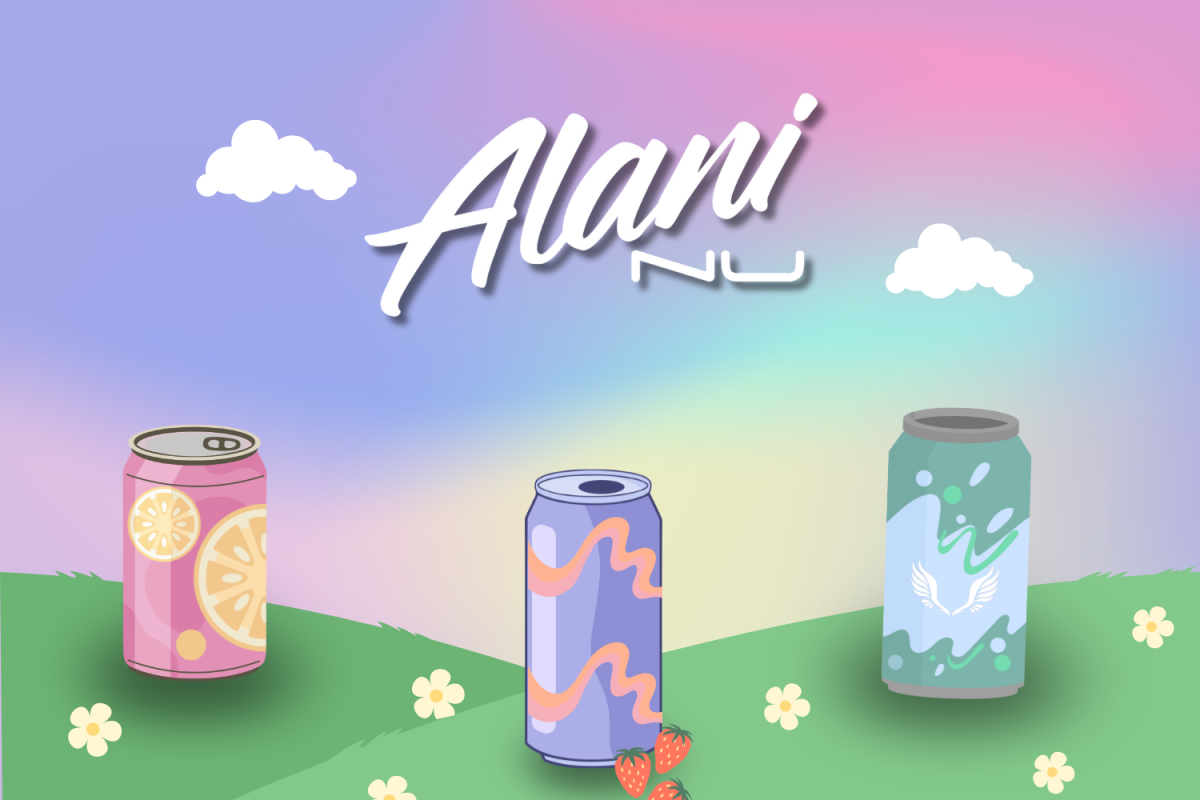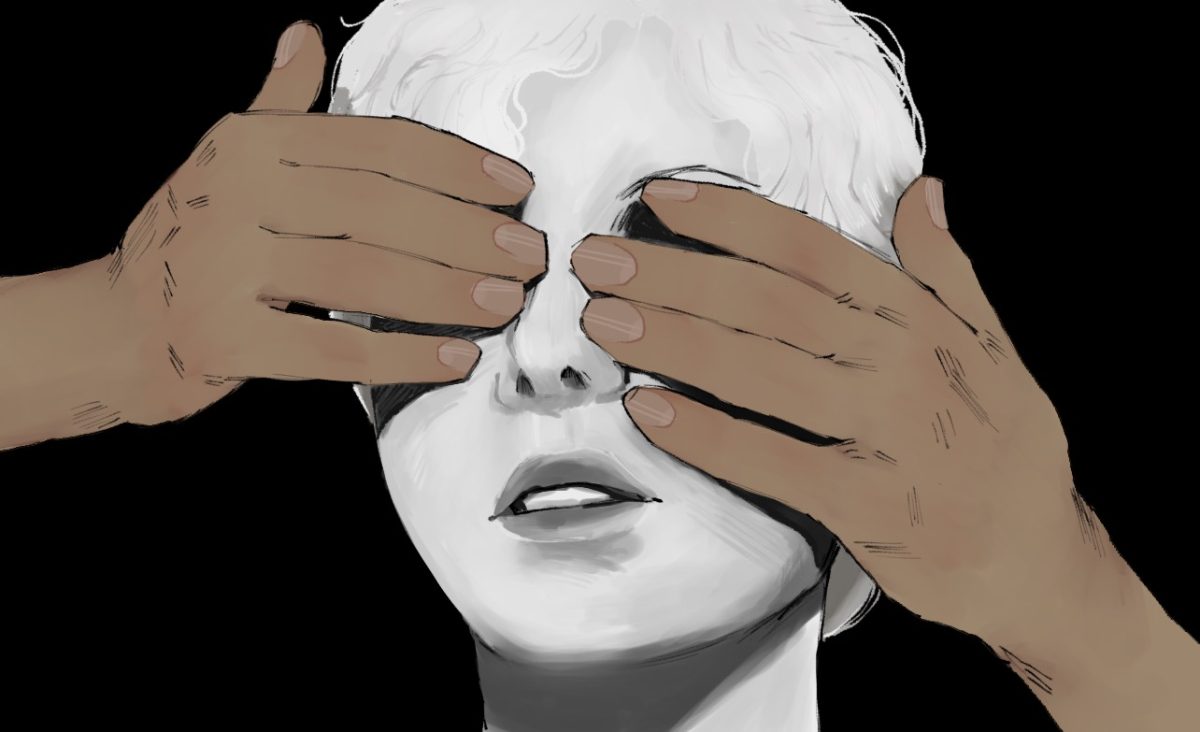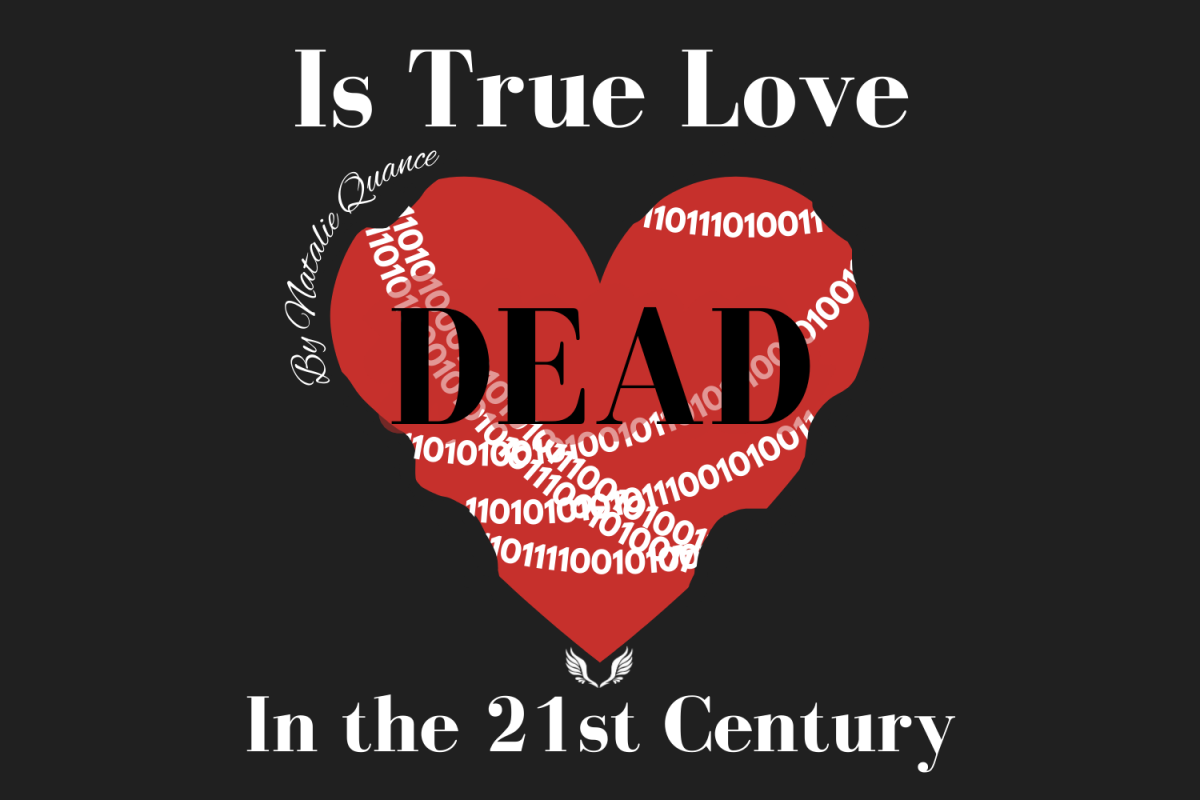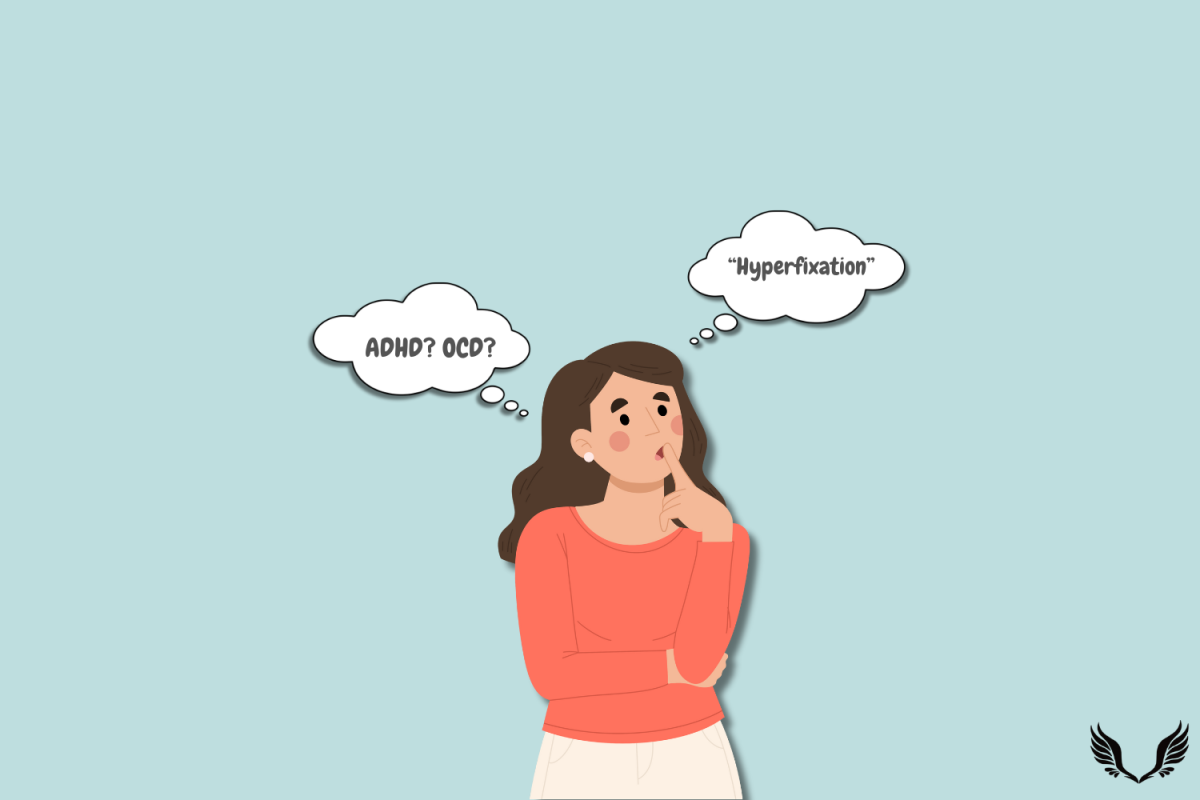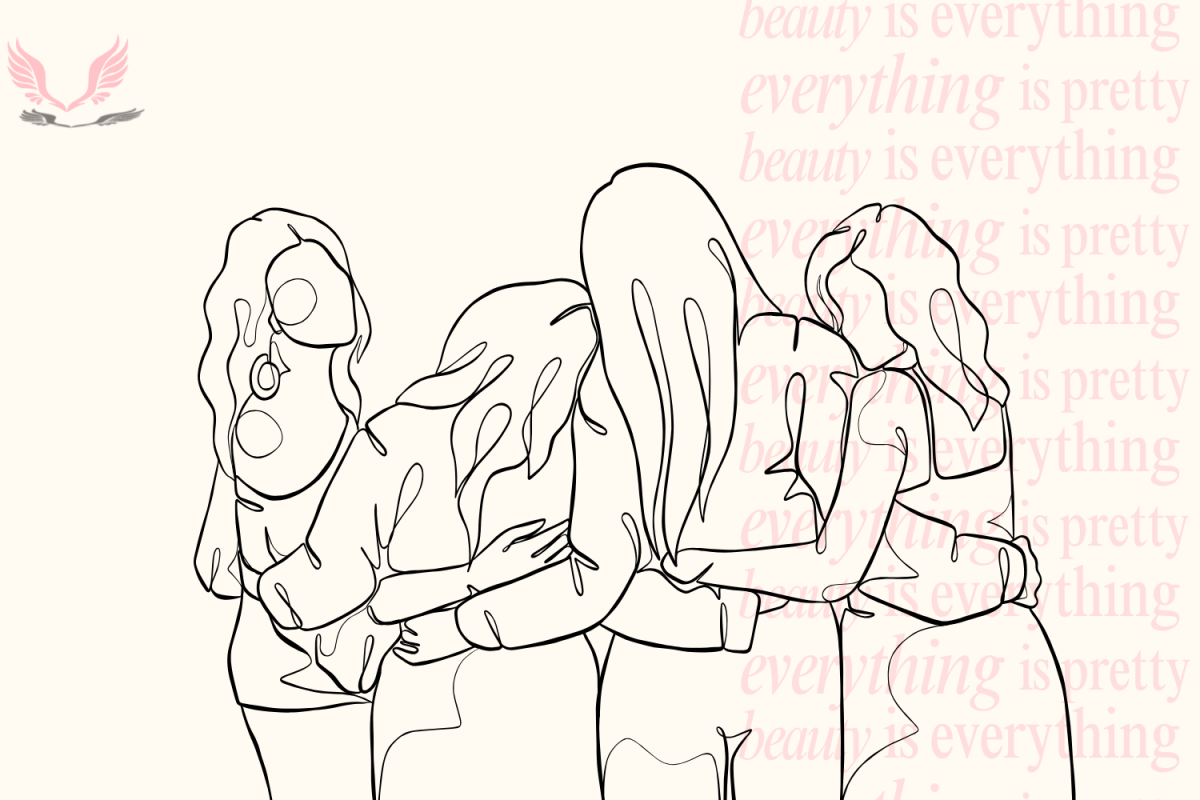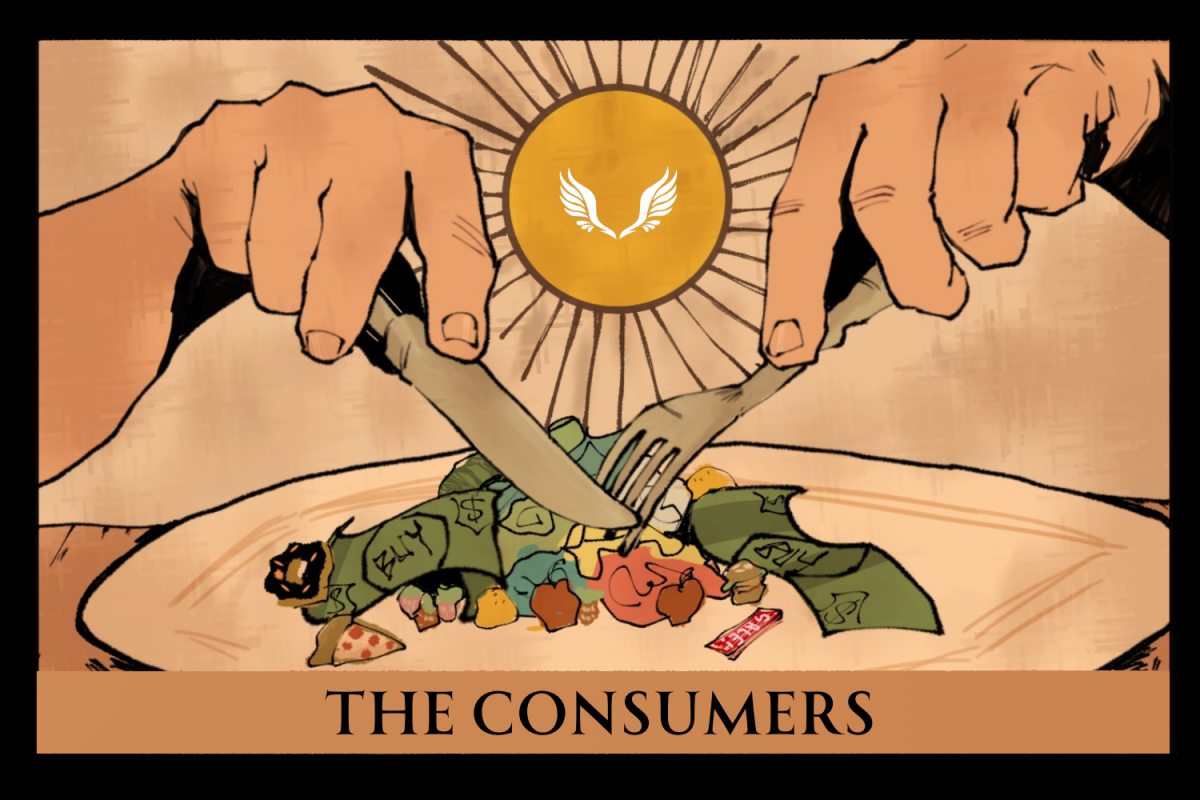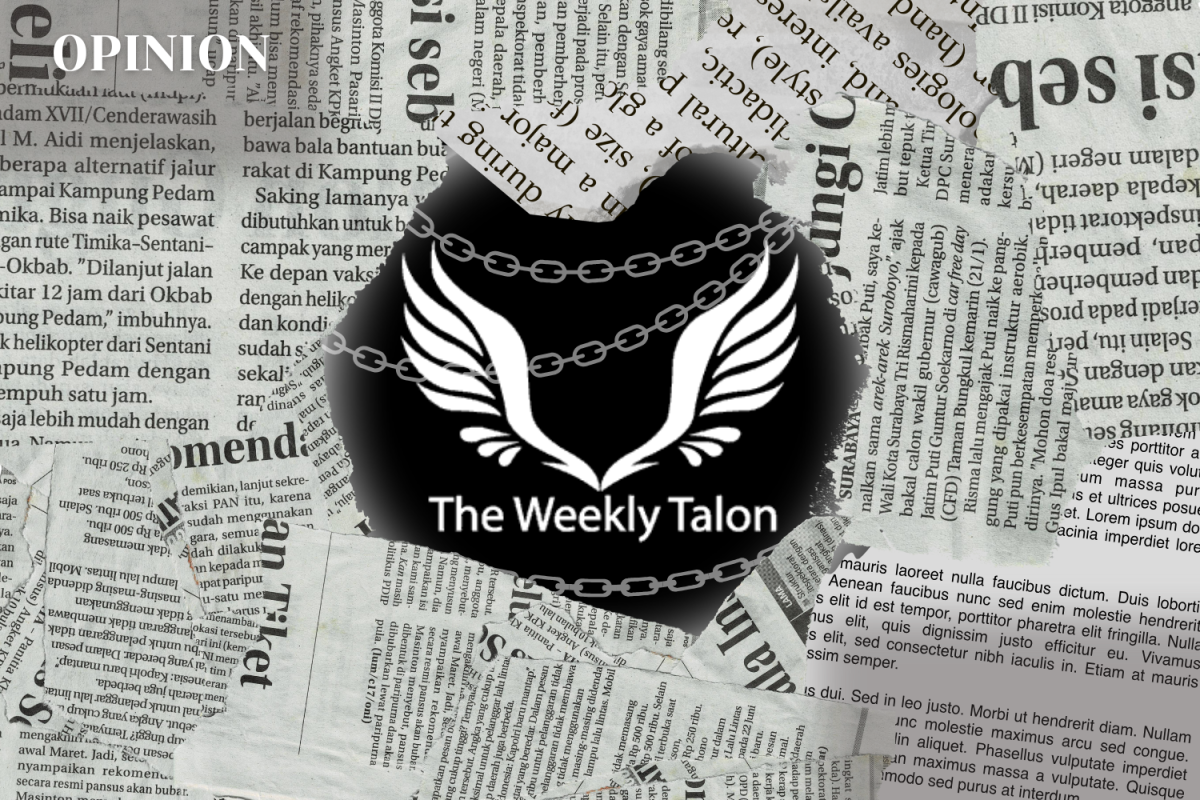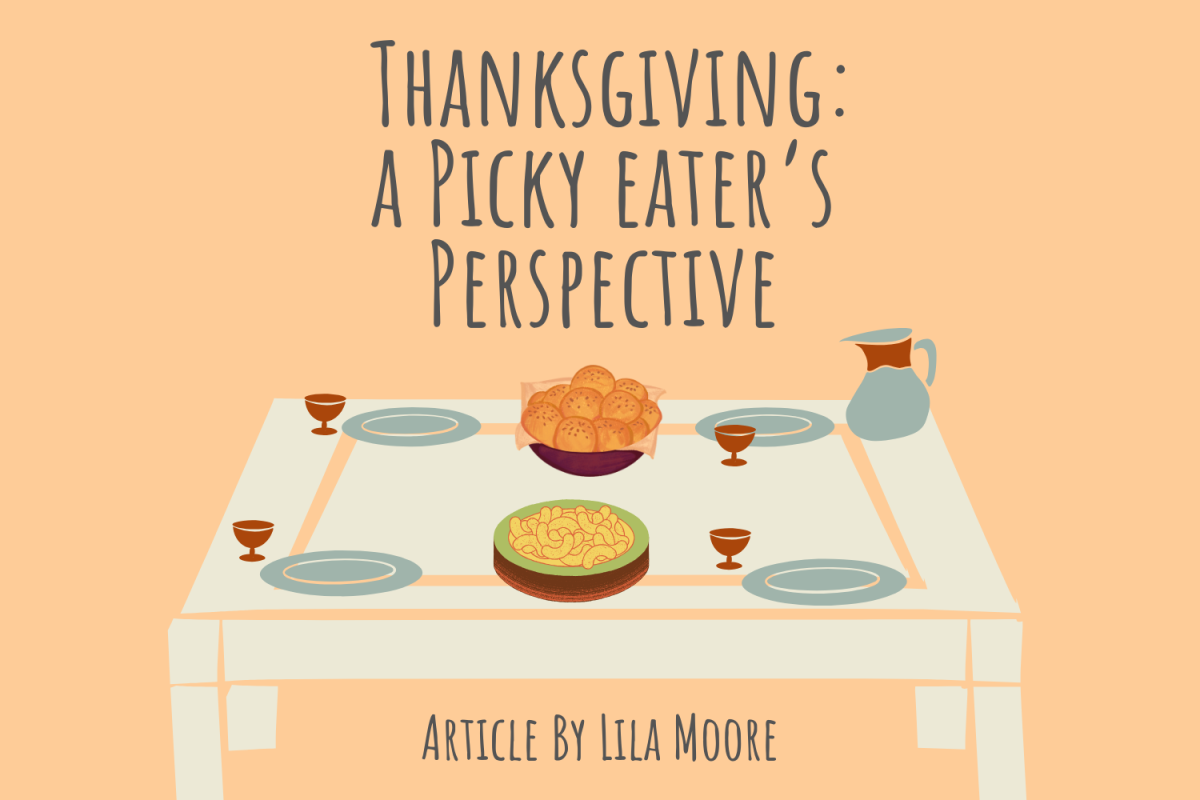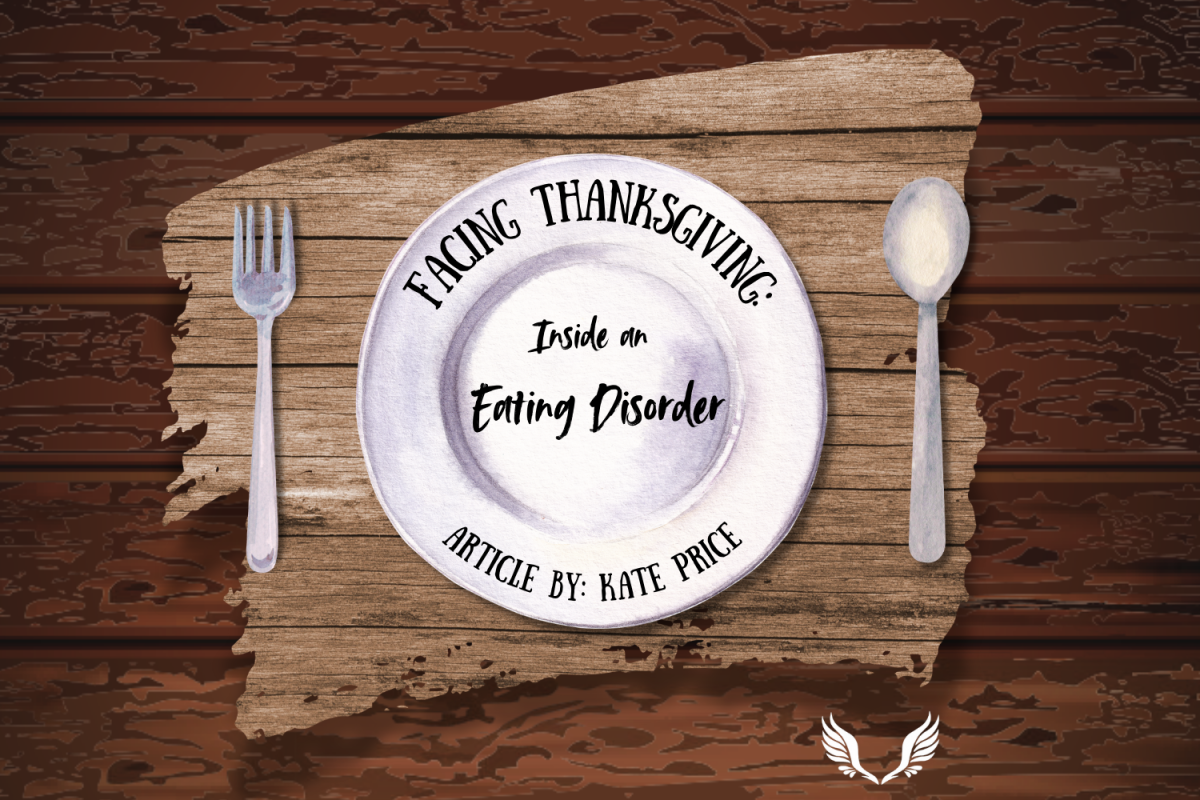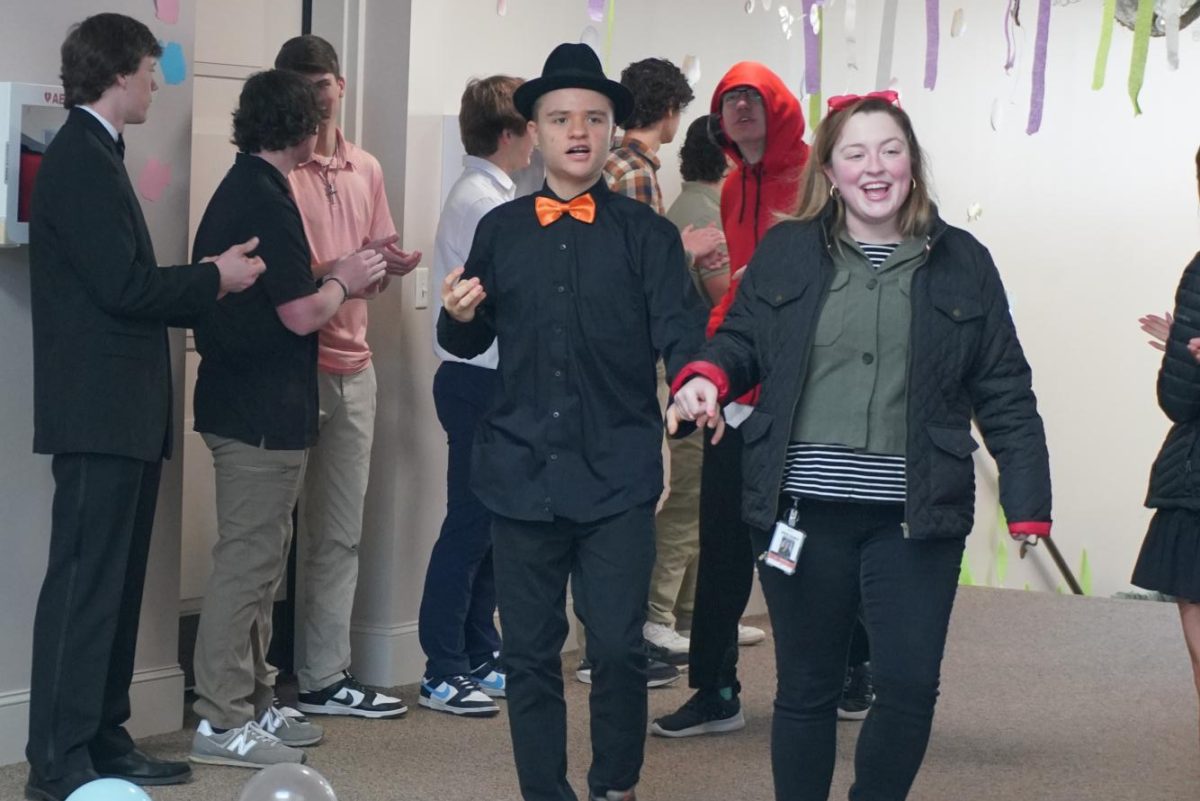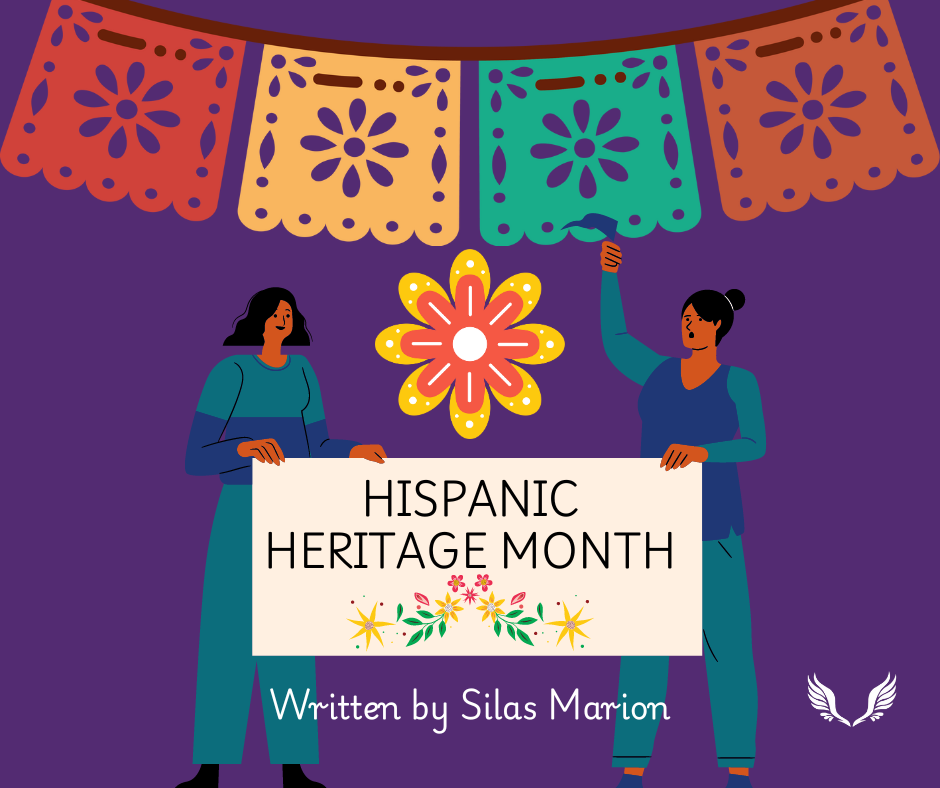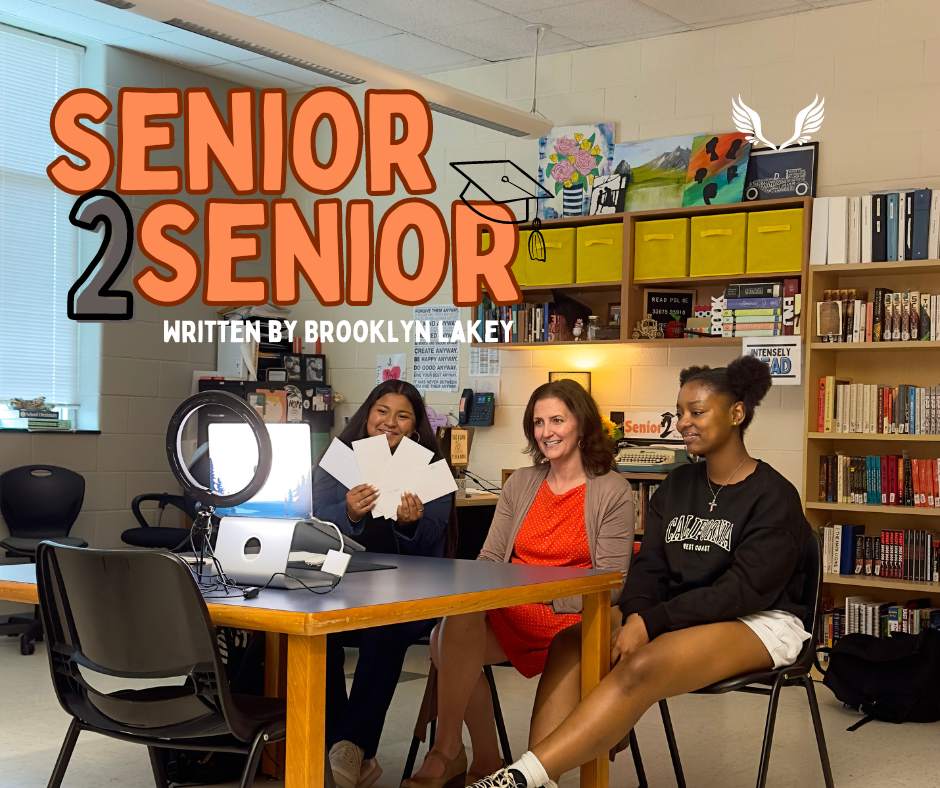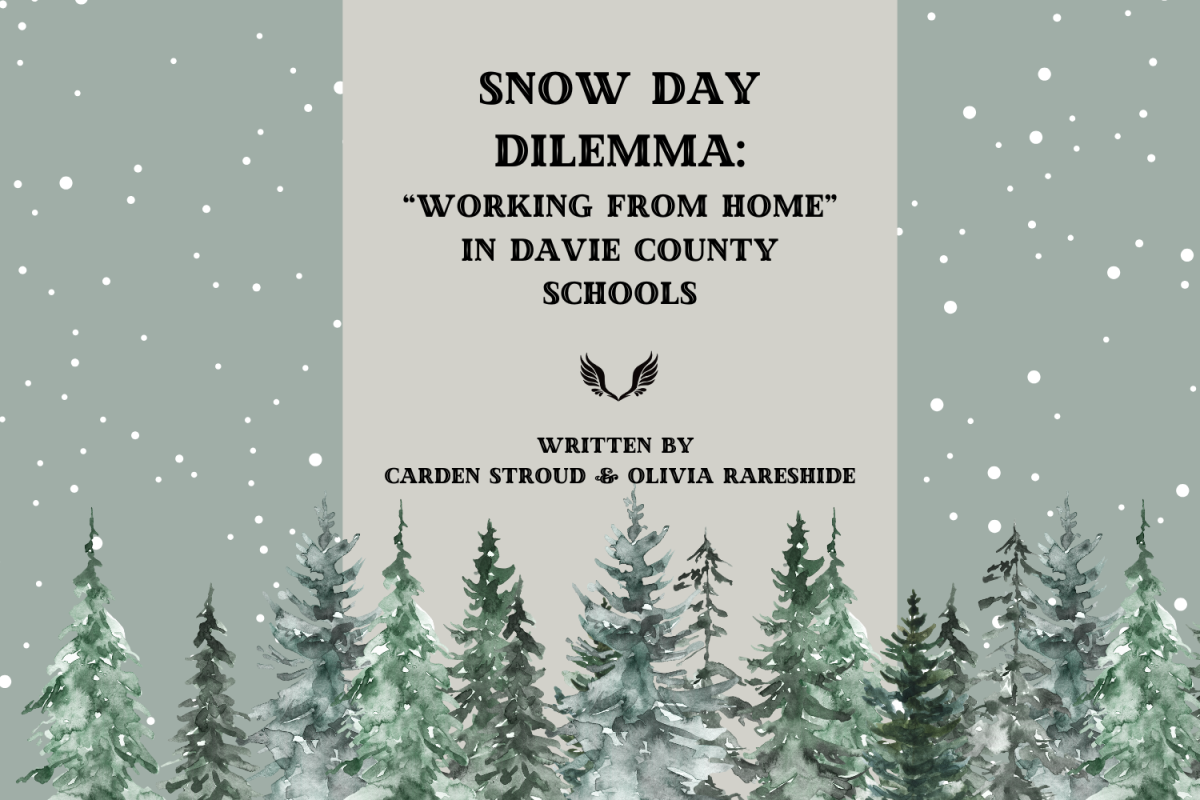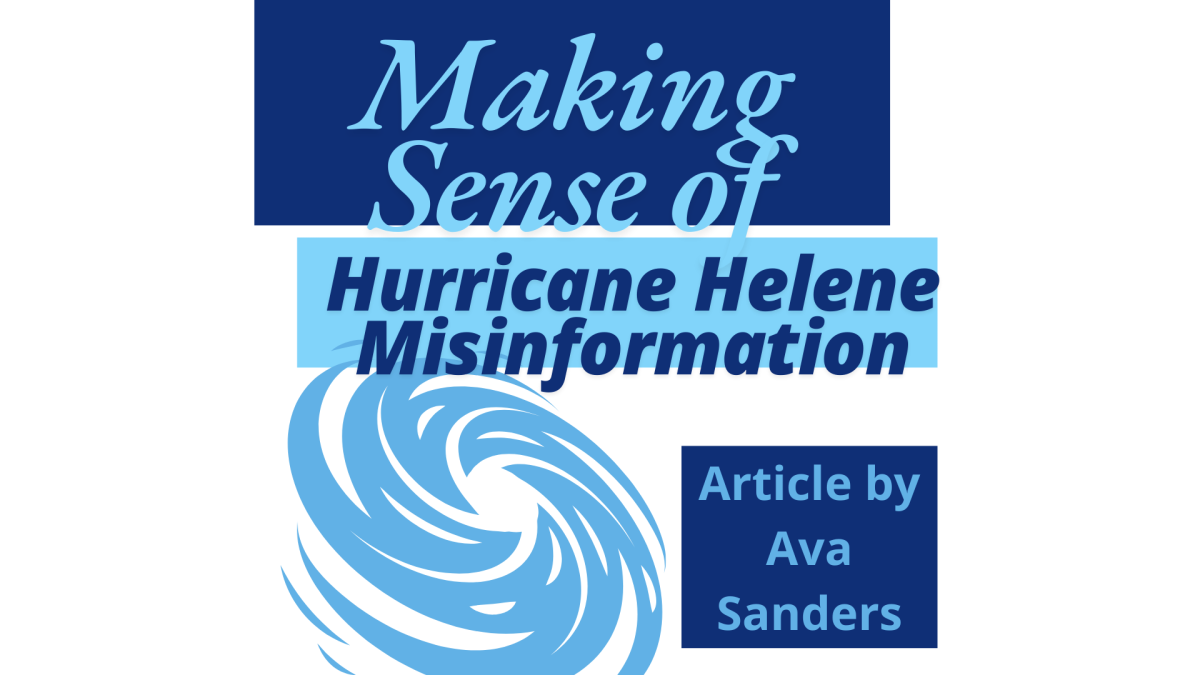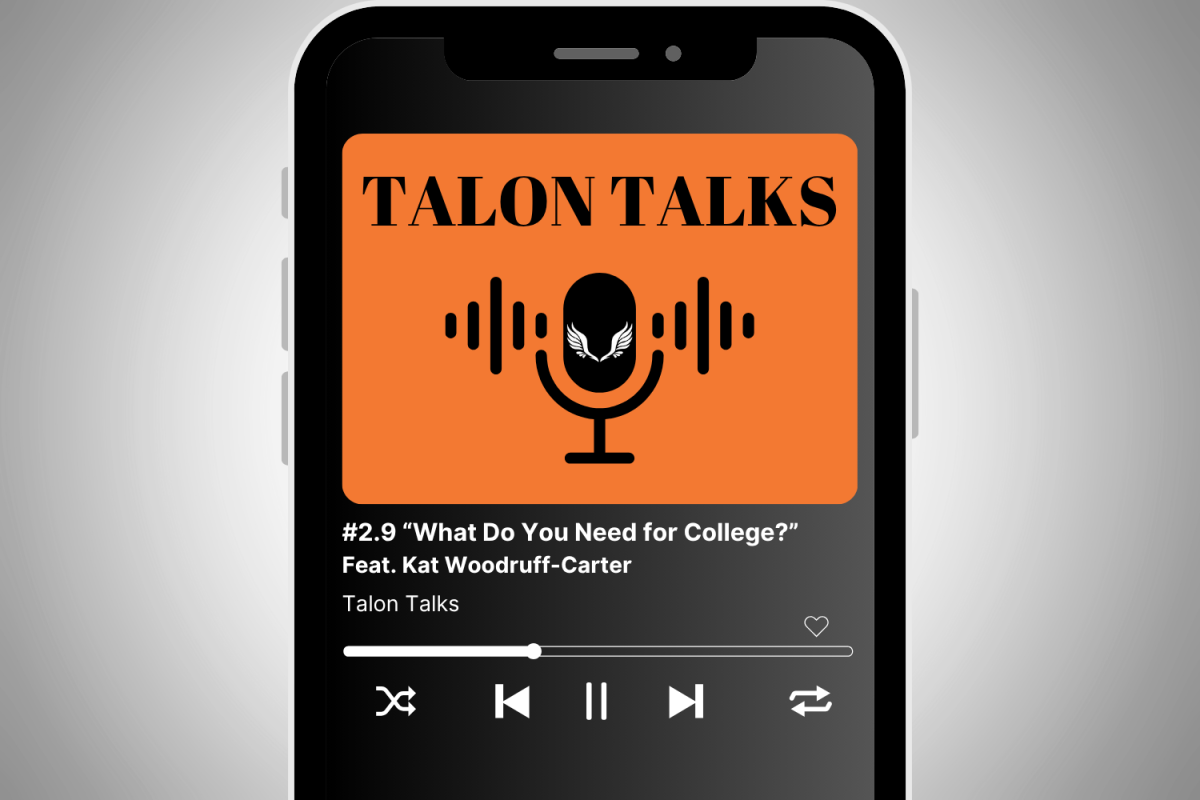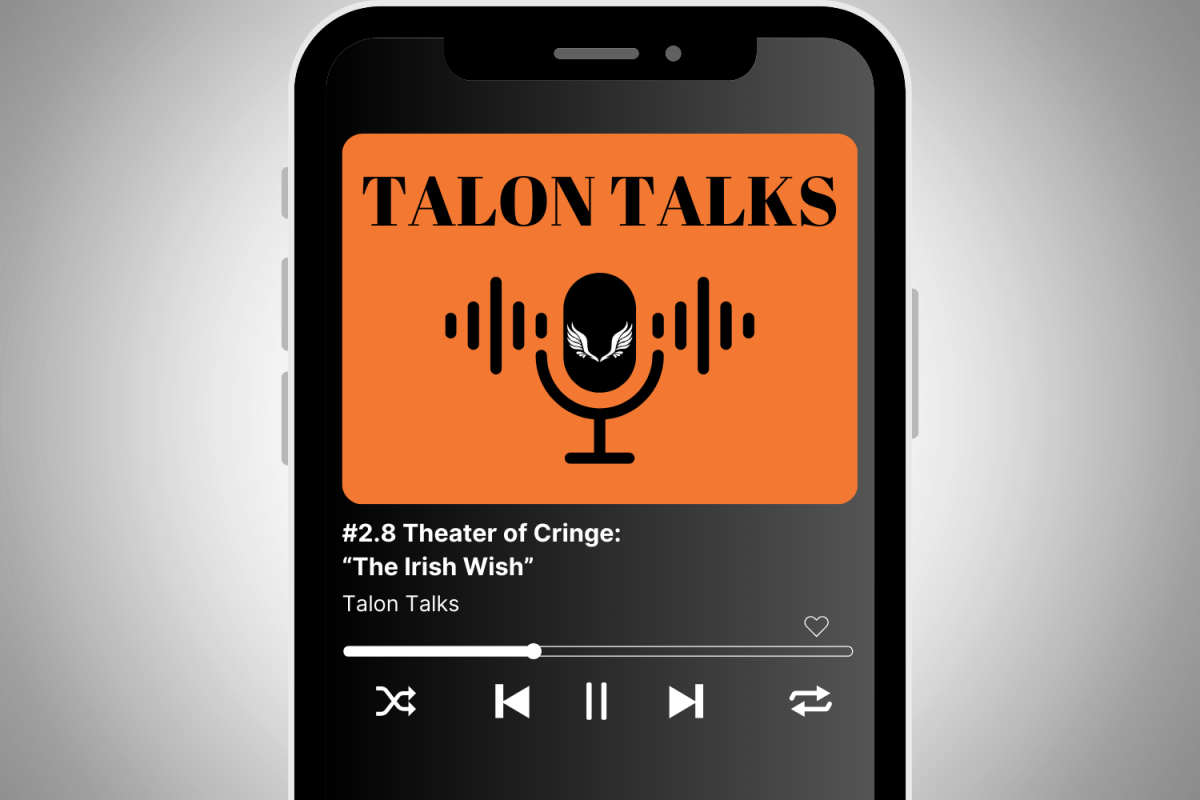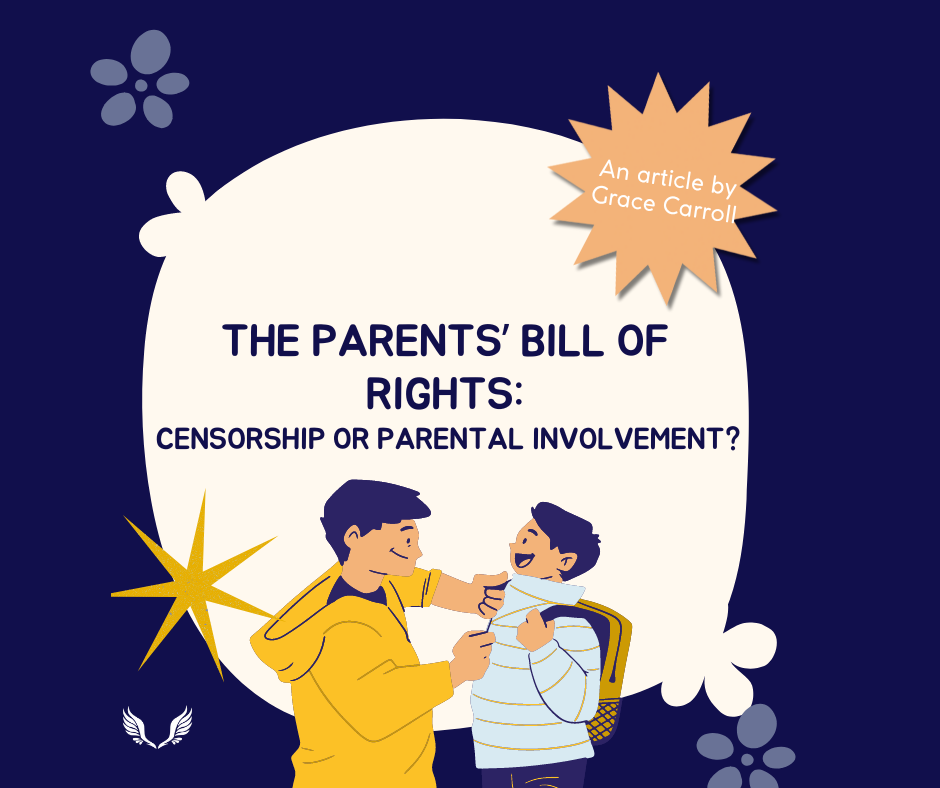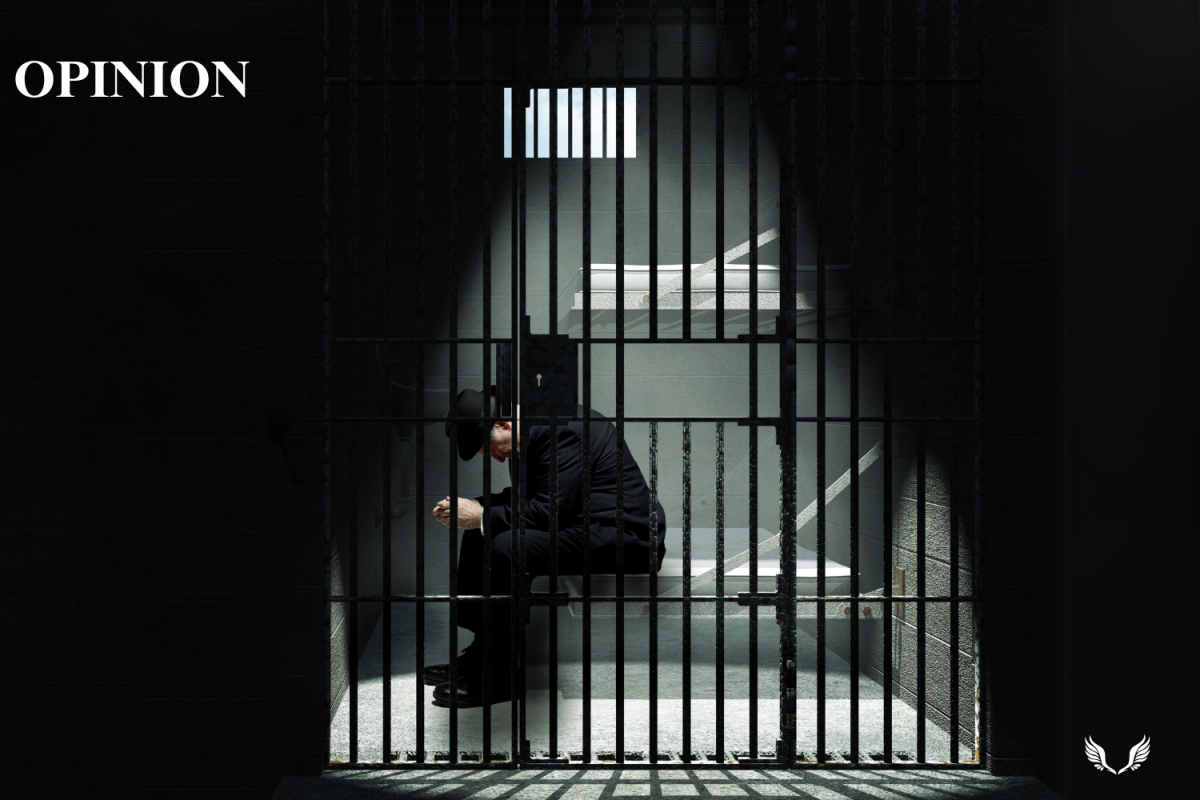America is a nation that provides freedoms and privileges to its people that many others do not. Foundational documents such as the Bill of Rights state that its citizens should have the right to enjoy life, liberty, and the pursuit of happiness.
On August 16th of 2023, North Carolina passed a bill that enables parents to have a leadership role in their child’s education, the Parents’ Bill of Rights. This bill otherwise known as Senate Bill 49 directs parents to direct not only their children’s education, but the care of their child. Much like what has happened in Florida with the bill that inspired North Carolina’s legislation, this new law has caused discourse about what does and does not qualify as censorship in schools.
According to the ACLU (American Civil Liberties Union), censorship is the suppression of words, images, or ideas that can be considered offensive. After the passing of the Parents’ Bill of Rights, 58 books have been banned across North Carolina including books that cover topics such as critical race theory and LGBTQ+ discourse.
Davie High librarian Robyn Koontz loves recommending books to her students and says it is her favorite part of her job. Despite the number of book challenges brought against public libraries nationwide as a result of similar legislation, the Parents’ Bill of Rights has not affected her in the way most would think.
“I feel like a lot of the books that I order I make sure that I read the library journals and I read the reviews to make sure that it’s school appropriate.”
Koontz also mentions that she feels Davie does a phenomenal job of keeping parents involved and informed with or without the Parents’ Bill of Rights. It is entirely plausible that not every school across North Carolina can keep parents up to date like Davie does which might have been the reason for this legislation.
English teacher Kimberly Barnes is what some would call a literature enthusiast. She recalls her favorite to study being British literature. British literature in the classroom has carried controversy. Similar to many others, she has very conflicting feelings about this bill.
“I understand, I’m a parent, I understand from a parent’s point of view that you want to be the most influential person in your child’s life. Unfortunately, we have too many parents who don’t understand their children and don’t understand education.”
Barnes also discusses the fact that there are parents who are abusive or unkind to their children. She is very open about her opinion that banning books is unnecessary.
“I’m on a general basis against banning books. I believe books are the pathway to education. Kids need to learn to make their own decisions and have their own thoughts and be able to choose for themselves and if certain topics are off limits to them, it limits their ability to do that.”
Danny Nowell is a Carbarro town council member and a father of two. Nowell was very outspoken about his feelings on this bill and passionate about education. “I absolutely think it is censorship.” Nowell also talks about how he believes North Carolina is actively starving teachers of resources. “We already make it hard enough to teach in North Carolina and are forcing them to play into this cultural war issue.” He speaks on how this bill will affect transgender youth who experience gender dysphoria. “Students across the gender spectrum who are experiencing regular parts of adolescent expression have this extraordinarily harmful pressure placed on them.”
Jessica Grubb is a fairly new teacher at Davie. She has risen to popularity among many students for several reasons, including her bold taste in books. She says that banned books mean more to students than just their labels.
“It causes them to think about why certain voices are being silenced.” She says that banned books become banned because the authors have found something that bothers them, and they express it the way they’ve witnessed or experienced it in the world. “The only way authors can advocate for what they believe in is to write it down, and that’s not always well received.”
When Grubb was asked about mutual understanding surrounding this bill, she said that at the end of the day, she understands why parents want their rights in their child’s education. She also acknowledges having students with conflicting beliefs with their parents. “As a teacher, I’m not going to be the one to out a child. That’s heartbreaking. I feel like there isn’t a good answer for this.”
The discourse generated by this bill is unignorable. It surrounds the classroom and can interrupt the everyday discussion. While many do feel differently about this bill, it is an absolute necessity to hear different perspectives. The unfortunate reality is that the media is dividing teachers and parents. To protect and enable a child’s education, parents and teachers must team together to keep the monsters of ignorance at bay.
While many may argue that parents need to be more involved in their child’s education, is it not unreasonable to ban books from the shelves completely? This bill has opened up many questions that are still left unanswered. There is a huge game of “Would you rather?” going on, and it is hurting the dynamic in schools across North Carolina. There should not have to be a choice between enlightenment and parental involvement. Common ground is essential to success in American education.



